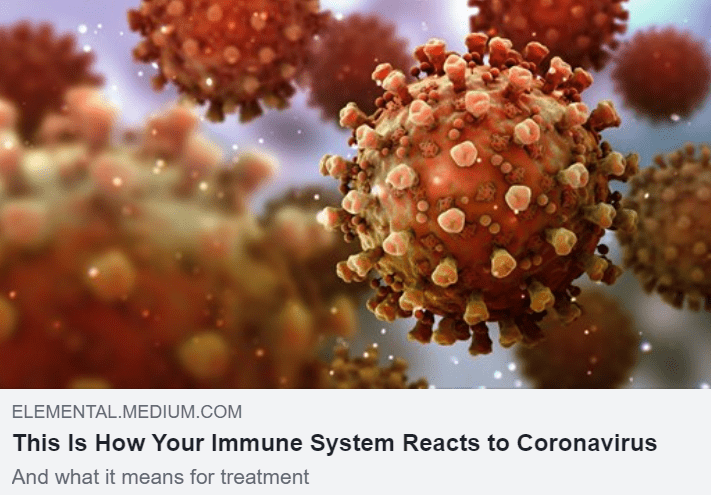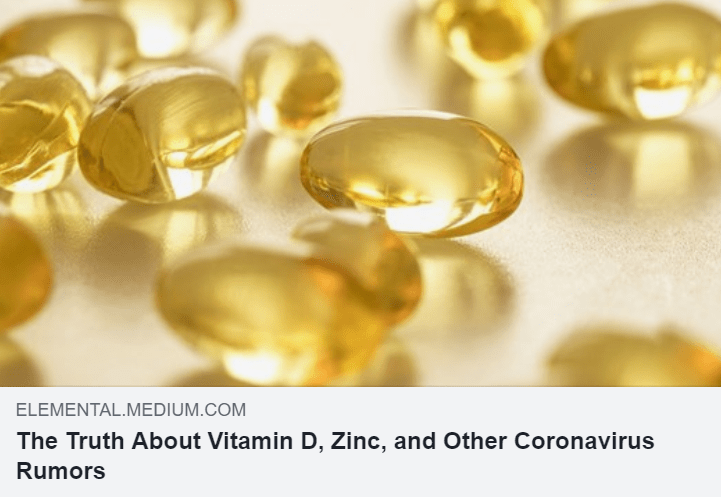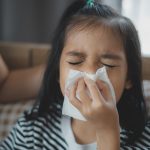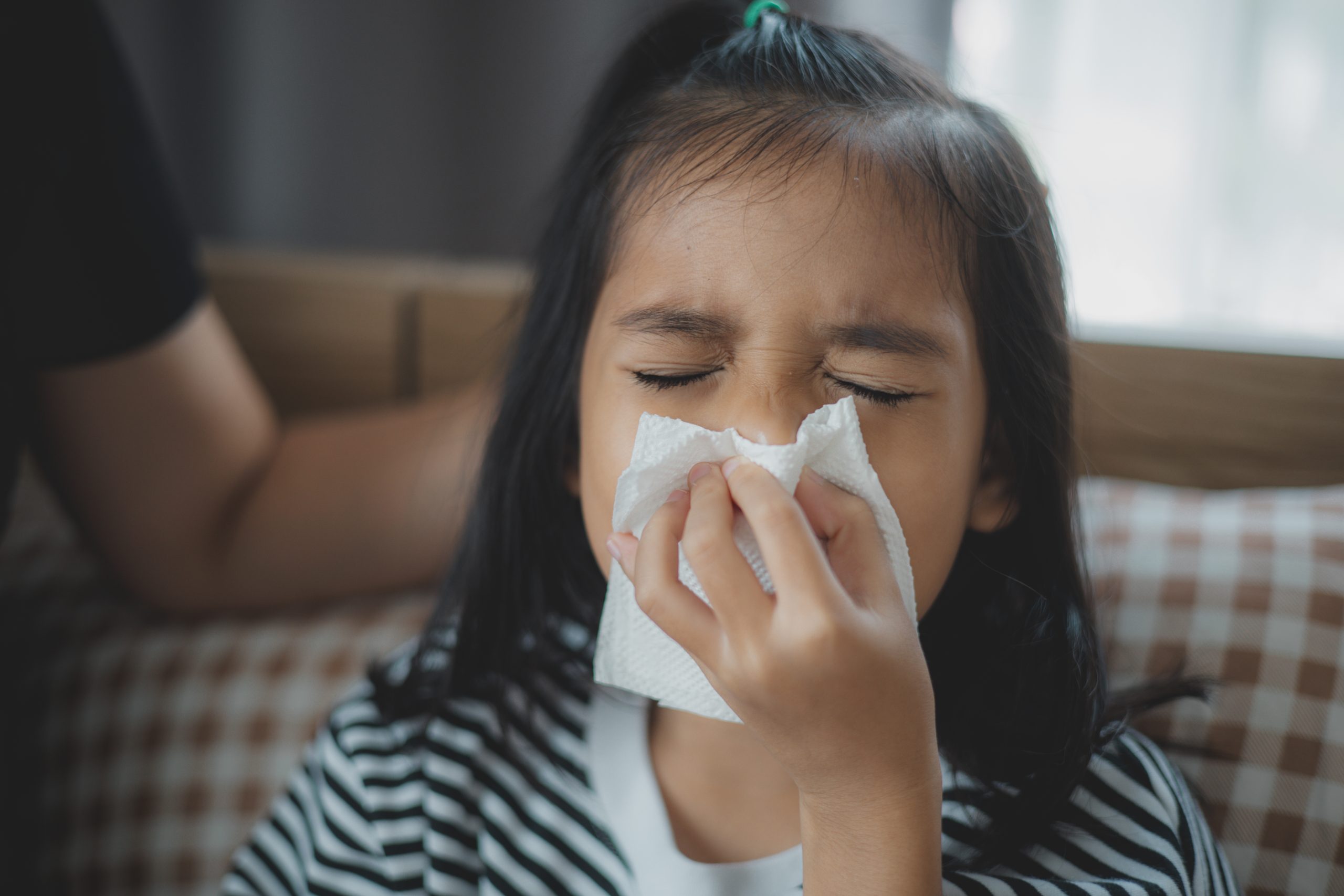A doctor summarizes what we can do to boost our immune system.
The novel coronavirus (SARS-CoV-2) scares all of us. Scientists are working rapidly to analyze the rapidly developing data to help guide our decisions. Doctors and patients feel helpless fighting it. Coronavirus is a new virus to which we have no baseline immunity, protective antibodies, a vaccine, or effective medication.
All of us are at risk for Covid-19.
How does Covid-19 spread?
Scientists are still unclear how Covid-19 spreads or how to identify its symptoms during the early phases of the infection. At this time, evidence suggests Covid-19 is spread through person-to-person contact. Respiratory droplets first spread through coughing and sneezing. Then respiratory particles attach to our clothes, bodies, and items we touch.
How many have Covid-19?
The number of cases in the US is uncertain. According to the New York Times, “No single agency has provided the public with an accurate, up-to-date record of coronavirus cases, tracked to the county level.” This article by Robert Roy Britt covers the lack of coordination of testing and reporting.
Immune system response
As time goes on, we quickly learn more about this novel virus. New evidence shows our immune system’s response to the virus is key to our outcome after infection. Being infected or testing positive is not the only problem. Our immune system’s inflammatory response to the virus is crucial.
This article explains in detail how our immune system responds to Covid-19 infection.
The resulting “damage” or inflammatory response is worse in the elderly and those with chronic underlying medical conditions, especially those with heart, lung, and immune system problems. Smoking is also a risk factor. Men respond worse than women to Covid-19.
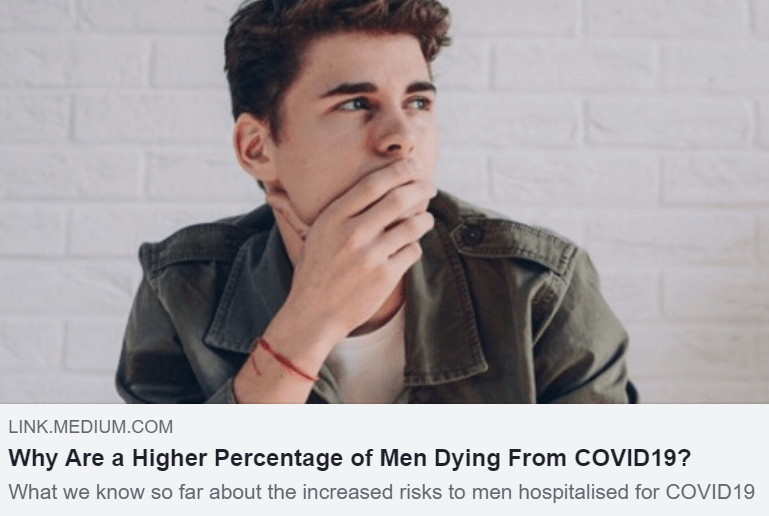
Approximately 15% of those infected, including younger people without underlying medical conditions, will get very sick from this virus. At this time, we are unsure who is more likely to be placed on a ventilator versus others. This could be due to underlying genetic variations not yet identified. Data suggests people have different immune responses based on these genetics and underlying medical conditions.
Prevention is our best defense
Currently, our best defense against the virus is to flatten the curve of the virus. Dr Jeff Livingston explained, “Flattening the curve does not refer to stopping the virus or preventing more from getting sick. Flattening the curve prevents the illnesses from happening all at the same time. It spreads out and delays the infections to prevent surpassing the capacity of our health system to accommodate the needs of the acutely ill.”
We must prevent the spread and spread out the infection rate over time. This allows the population to develop some immunity against the virus. We are all doing our part to stay at home; at least those of us that can. We are being extremely diligent about handwashing and not touching our faces. We are trying to keep our family safe by staying away from our grandparents and other family members. They could potentially get sick if they were to be exposed.
Boost your immune system
Another thing we are learning is we need to prevent the damage that the virus can cause. If you have Asthma, optimize your medication with your doctor. If you smoke or vape, stop today. Those with high blood pressure and diabetes must take their medication and comply with instructions.
If your immune system has a very aggressive response, meaning it throws all his ammunition at this virus trying to kill it, the ammunition may end up hurting you and permanently damaging the lungs. Our immune system response may require the use of a ventilator. A depressed immune system also results in poor outcomes as the virus is able to rapidly divide and cause damage.
Supplements to boost the immune system
We must be cautious when taking over the counter supplements without studies indicating safety and efficacy. A daily multivitamin may be beneficial. Some evidence suggests Vitamin D may be useful. Many Americans are low in vitamin D at baseline. This article provides an excellent summary of available products facts vs fiction.
If you choose to take Vitamins or supplements, do not exceed the recommended dose. Taking vitamins and supplements in larger than recommended doses can cause harm.
We advise extreme caution buying or purchasing products advertise to boost immunity. Some companies are exploiting the pandemic to promote products and have been warned by the FDA.
Eating healthy, daily exercise, getting plenty of sleep, increasing hydration and mindfulness through a meditation app are the safest and most effective tools to boost the immune system.

Photo by Anna Pelzer on Unsplash
Vitamin B3
A recent article published in the Journal Nature, by a team from China, presents new evidence suggesting that niacin or vitamin B3 may help strengthen the lungs and protect the tissue. The article suggests starting vitamin B3 when you develop a cough may offer some protection from the potential damage the virus can cause.
Vitamin B3 is a brand new development and not enough time has passed to determine the optimal dosing regimen. We can not consider it an evidence-based recommendation. We do not believe a daily B3 supplement is harmful.
Vitamin B3 is water-soluble, meaning your body does not store it, as it does others such as vitamin D and A. It seems reasonable to incorporate vitamin B3 into your diet. Niacin is found in higher quantities in food like salmon, red meat, poultry, milk, and dairy products. High dose Vitamin B3 can cause flushing and itching. If you choose to add a Vitamin B3 supplement, start with a low dose option and follow the package instructions.
Continue diligent hand washing and social distancing to limit your risk of becoming infected. Optimize any medical conditions. Stop smoking. Consider adding a multivitamin, Vitamin D and if you begin to have a cough daily Vitamin B3 may offer some early defense.
Pregnant Women
Pregnant women should continue to take a daily prenatal vitamin with Folic acid. Over the counter Vitamin D and B3 are safe for use at the FDA approved dose listed on the package instructions. For more information on Coronavirus and pregnancy we recommend this summary:

Stay home. Wash your hands. Limit contact with others. Help flatten the curve.
Thank you to BeingWell for publishing this article on Medium.
This article was contributed by MacArthur Medical Center’s Dr. Rebecca Gray. Thank you to Dr Jeff Livingston for reviewing and editing.
Main Blog Photo By: Kayla Maurais on Unsplash



